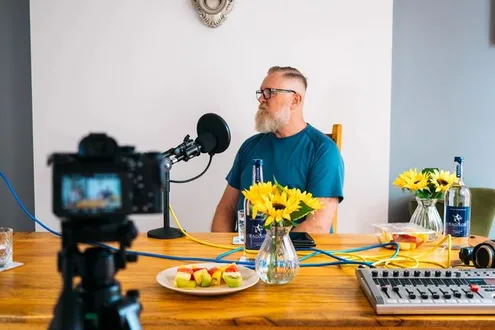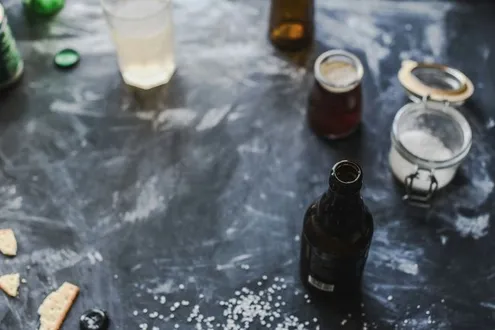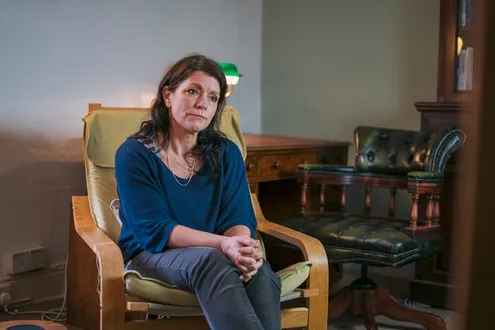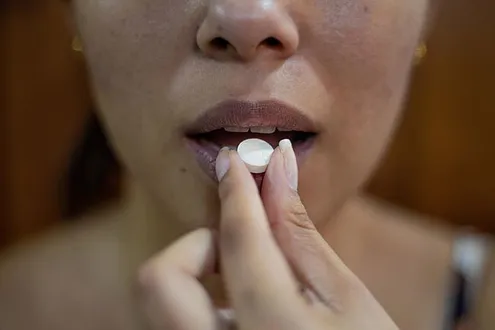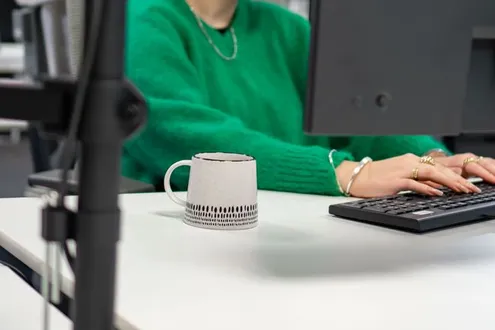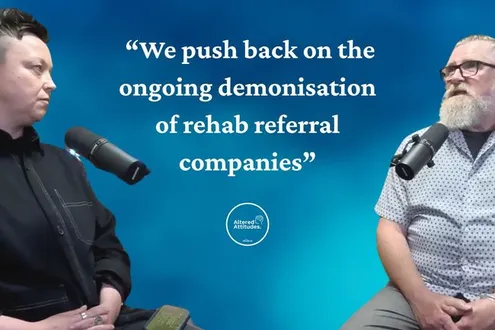The prospect of entering a residential rehabilitation centre can be intimidating. However, it’s important to realise that ultimately rehab is a positive experience and committing to treatment is a progressive step towards improving your life.
While continuing to take drugs may seem like the only way to feel better, doing so can have serious repercussions on your physical and mental health.
You may feel like you can quit and manage on your own. However, the chances of relapse are far greater if you go it alone. Therapy in a residential rehab setting provides a safe space for you to take an honest look at yourself, your addiction and its effects on your behaviour and mental health. Although, this may be uncomfortable at times, therapy provides a powerful way to help you heal.
Rehab provides the opportunity to tackle the problem holistically and develop coping mechanisms to safeguard sobriety. The rehab environment removes you from your ordinary existence and allows you to focus on getting better without any distractions.
Equally, going cold turkey and withdrawing from drugs on your own is actually the most difficult way to go about it. Depending on the drug and your level of addiction, it can be physically dangerous. Surrounding yourself with trained, compassionate professionals who can medically monitor your withdrawal and make the process as comfortable as possible will provide the support you need to start your journey of recovery.
Speak to a Treatment Advisor today to get a free assessment and a personalised treatment plan.

For some people, the prospective horror of detoxing from drugs may be preventing them for reaching out for help. They may have heard stories and feel apprehensive about the process. The reality is that detox doesn’t need to be painful. However, it is important to address the physical side of addiction.
While it’s possible to detox at home, doing so in a supervised facility is often the safest bet. If you have previous experience of withdrawal and suffered from severe symptoms, such as tremors or hallucinations, detoxing in a safe space would be advisable. Equally, it’s important to have consistent, round-the-clock support if you suffer from mental health problems.
The type of drug you’ve been using and the severity of the abuse will affect how the detox process develops. Most people will have mild to moderate symptoms, with almost everyone experiencing mood swings and sleep problems. A minority may be affected by more severe symptoms.
While you may feel worse before you feel better, what can be assured is that you will feel better. Most withdrawal symptoms ease within a few days and rehab staff are trained to support you through the process with care and compassion.
Medical approaches during detox depend on the type of drug and the needs of the individual. You can be prescribed replacement drugs, in tapering doses, to help ease the symptoms. Medication can be used to manage withdrawal symptoms by acting on the same targets in the brain as the abused substance.
Medication can help to stabilise you during the detox process. It can limit adverse effects, avoid complications and improve withdrawal symptoms. Many drug addictions co-occur alongside mental health issues. As such, you may also be prescribed medication to treat a co-existing condition. Detoxing in a rehab facility is more comfortable, safer and in many cases, more effective than detoxing at home.

